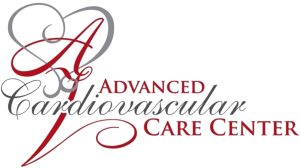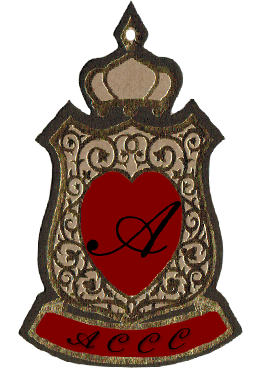Myocarditis
Myocarditis is an inflammation of the muscular wall of the heart. It can cause a rapid onset of heart failure or other complications.
Symptoms of myocarditis are similar to other heart-related diseases. Individuals should see their doctor to rule out a more serious disease.
Symptoms include:
• Fever
• Joint pain
• Chest pain
• Rapid heartbeat
• Heart palpitations
• Signs and symptoms of heart failure
Myocarditis can be caused by a series of illnesses including:
• A viral, bacterial, parasitic or fungal infection
• rheumatic fever
• diphtheria
• Tuberculosis,
• exposure to chemicals or radiation,
• connective tissue diseases
• toxic drug poisoning
Treatment options for myocarditis are dependent on the cause of the disease. If myocarditis is caused by a bacterial infection, most likely the doctor will prescribe antibiotics. Individuals will likely receive anti-inflammatory drugs to relieve pain, as well.
If myocarditis causes arrhythmia, you will be given antiarrhythmic medications, as well. Other treatment options may include bed rest and a salt/sodium restricted diet. In rare cases, if the condition is severe and unresponsive to treatment, a heart transplant may be necessary.
See your doctor for specific questions related to myocarditis especially related to diagnosis and treatment options.



